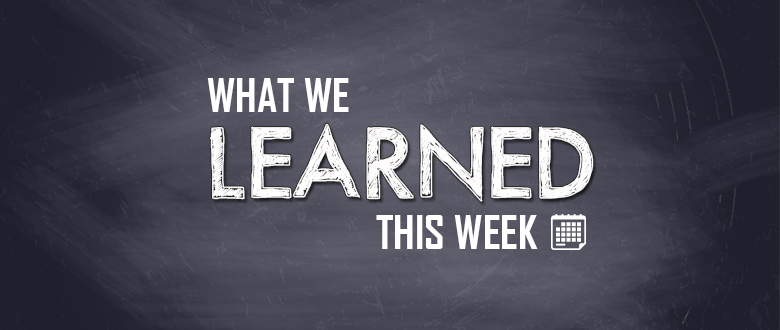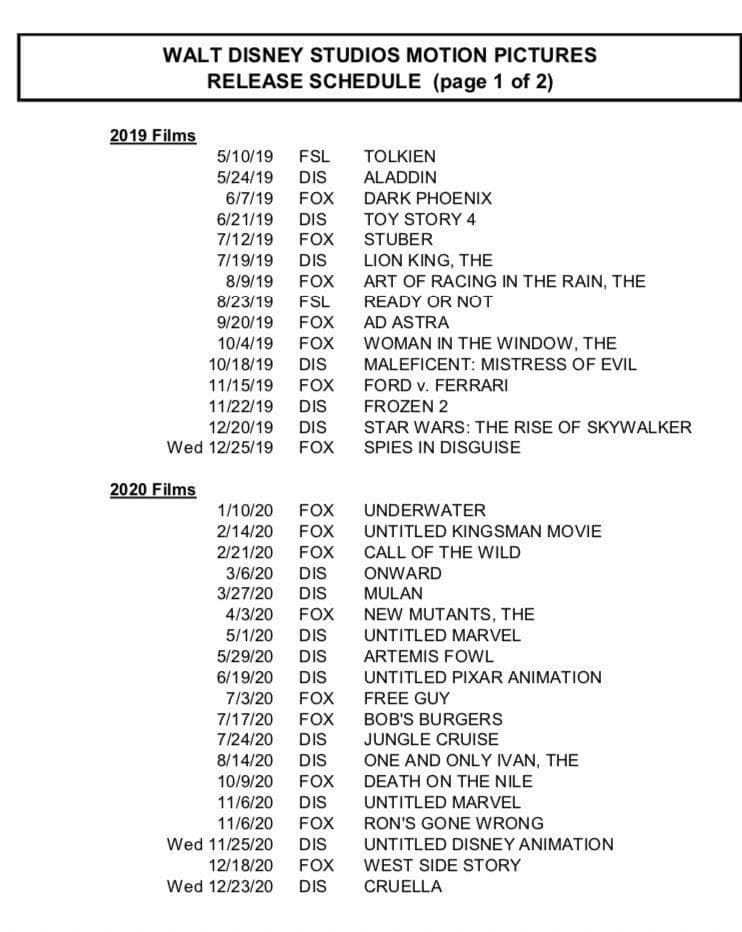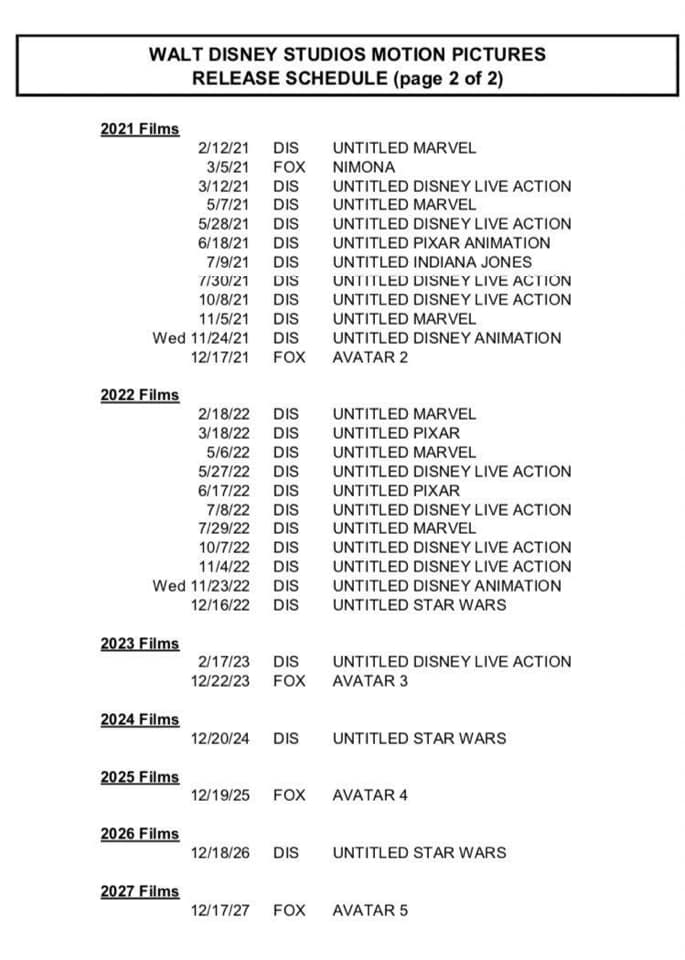LESSON #1: JUST BECAUSE A FILM PRESENTS A MAN WITH STRONG FEELINGS DOESN’T MEAN IT’S AUTOMATICALLY A SLICE OF TOXIC MASCULINITY— I’ll share a little inside chatter as a film critic who watched a closed screening of Ad Astra with just critics, no public audience. Even though we all will go home and hope to write our slice of brilliant and engaging criticism, we all still talk shop. Color me crazy as, admittedly, a white middle-aged male, but I was surprised and even a little rubbed the wrong way when I heard a few peers vehemently drop the toxic masculinity card on Ad Astra. Sure, parental issues can be overplayed in movies. When that happens, I look to the approach it took before I label and curse. For me, I saw a movie that showed the stresses saddled on men. I don’t go too deep on that tangent in my own review, but I highly recommend my Chicago peer Leo Brady’s review of Ad Astra on AMovieGuy.com. He hits the topic hard and pushes back. When you see the movie, I’d love to read or hear your take and vibe.
LESSON #2: NO AUDIENCE MEMBER WANTS MORE ADVERTISEMENTS— After a recent Hollywood Reporter poll revealed the majority of moviegoers want fewer trailers before a movie, a nearly universal declaration, a story arrived this week of two theater companies adding even more pre-movie advertisements. The Regal and Cinemark chains are proposing to add business advertising before the already excessive trailers. AMC, the nation’s top chain, is staunchly against it. I get that advertising pays the bills for these studio-squeezed theater chains that lose more and more of the windfall cut each year, but the top loser here is still the consumer. No one needs more of this stuff. This only creates more incentive to come into movies late and not spend your concession dollars on site.
LESSON #3: DIGITAL PERFORMERS HAVE RIGHTS— I love, love, love what Lord of the Rings and Planet of the Apes performance capture star (and future Venom 2 director) Andy Serkis is stumping for. Serkis is rallying for compensation and renumeration for reusing digital performances, especially those that are no longer with us. His core questions were: ““When your performance becomes data it can be manipulated, reworked or sampled, much like the music industry samples vocals and beats. If we can do that, where does the intellectual property lie? Who owns authorship of the performance? Where are the boundaries?” He went further to talk about actors being unethically used against cultural sensitivities since they can be replaced and manipulated with other imagery. Top to bottom, Andy brings up an outstanding issue that deserves attention. I look forward to seeing where this story goes and who steps up to listen.
LESSON #4: YOUR OPENING DAY MENU OF DISNEY+ IS IMMENSE AND AMAZING— The full list of content starting on Day 1 of Disney+ is obscene. Click on this link for the whole list and put on a football helmet with a chin-strap. The buttoned up strap will hold your jaw and the helmet itself could stave of a concussion when you fall from wherever you’re standing or sitting reading that list.
 DON SHANAHAN is a Chicago-based and Rotten Tomatoes-approved film critic writing on his website Every Movie Has a Lesson. His movie review work is also published on 25YL (25 Years Later) and also on Medium.com for the MovieTime Guru publication. As an educator by day, Don writes his movie reviews with life lessons in mind, from the serious to the farcical. He is a proud director and one of the founders of the Chicago Independent Film Critics Circle and a member of the nationally-recognized Online Film Critics Society. As a contributor here on Feelin’ Film now for over two years, he’s going to expand those lessons to current movie news and trends while chipping in with guest spots and co-hosting duties, including the previous “Connecting with Classics” podcasts. Find “Every Movie Has a Lesson” on Facebook, Twitter, and Medium to follow his work. (#116)
DON SHANAHAN is a Chicago-based and Rotten Tomatoes-approved film critic writing on his website Every Movie Has a Lesson. His movie review work is also published on 25YL (25 Years Later) and also on Medium.com for the MovieTime Guru publication. As an educator by day, Don writes his movie reviews with life lessons in mind, from the serious to the farcical. He is a proud director and one of the founders of the Chicago Independent Film Critics Circle and a member of the nationally-recognized Online Film Critics Society. As a contributor here on Feelin’ Film now for over two years, he’s going to expand those lessons to current movie news and trends while chipping in with guest spots and co-hosting duties, including the previous “Connecting with Classics” podcasts. Find “Every Movie Has a Lesson” on Facebook, Twitter, and Medium to follow his work. (#116)






